Start your day with health news , readers can also read more articles: 5 health problems that people who eat spicy food are prone to; Reduce anxiety by meditating ; Unexpected weekend 'bad habits' that are extremely good for the elderly...
New Harmful Effects of Uncontrolled High Blood Pressure Discovered
One of the main health effects of high blood pressure is that it causes arteries to become thicker and stiffer, increasing the risk of atherosclerosis. This can lead to heart attacks and strokes.
The study, conducted by experts at the Federal University of Sao Paulo (Brazil), was published in the journal Advances in Respiratory Medicine . The researchers assessed the respiratory function of 700 people aged 60 and older. These people had their respiratory function tested by measuring air pressure when inhaling and exhaling.

High blood pressure can affect lung function
The analysis found that high blood pressure can impair a person's ability to breathe by causing the bronchi to become stiffer. As the bronchi stiffen, it increases the resistance as air passes through the bronchi to the lungs.
This condition affects the bronchi in a similar way to what high blood pressure does to the arteries. Abnormally high pressure in the blood vessel walls over a long period of time causes the blood vessel walls to thicken and stiffen.
The authors of the study said that the stiffer the bronchi, the more difficult it is for air to flow in and out of the lungs. In the long term, the increasingly severe process of bronchiectasis will cause difficulty breathing in the elderly. Furthermore, difficulty breathing will cause low oxygen saturation in the blood. In other words, low blood oxygen levels for a long time will accelerate the aging process. Readers can read more about this article on the health page on October 27.
5 health problems that people who eat spicy food are prone to
Spicy food can make food more appealing and stimulate appetite. However, eating too much spicy food can have negative effects on health.
To create a spicy taste for dishes, people often use chili, pepper or products derived from these two types of plants. Of these, chili is the most commonly used. The substance that creates the spicy taste of chili is capsaicin. Eating chili in moderation will bring many health benefits, from anti-inflammatory, pain relief, cancer prevention to immune enhancement.
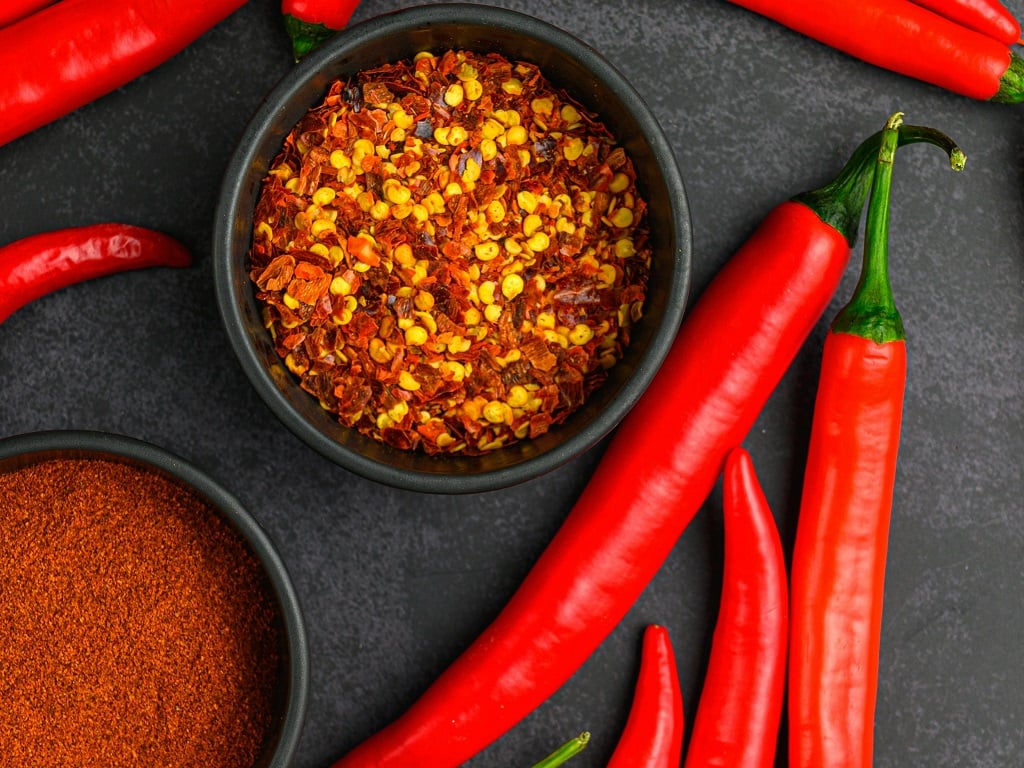
Eating too much chili can irritate the digestive tract, causing stomachache or diarrhea.
However, if you eat too much chili and other spicy foods, your body will suffer the following negative effects:
Gastrointestinal irritation. Spicy foods, especially those containing capsaicin, can irritate the lining of the stomach. This can lead to unpleasant digestive problems, from heartburn to acid reflux. People with acid reflux should avoid spicy foods, as they can make their symptoms worse.
Make ulcers worse. Chili peppers also make the symptoms of peptic ulcers worse. This is a disease that causes stomach pain, nausea and indigestion. The capsaicin in chili peppers can stimulate the stomach to secrete acid, which can make ulcers worse or difficult to heal. The next content of this article will be on the health page on October 27 .
Reduce Anxiety with Meditation
In addition to regulating breathing and instantly stabilizing the mind, meditation has also been proven by medical experts to be as effective as antidepressants, reducing symptoms of anxiety.
People with these symptoms are often prescribed antidepressants, but they should only be used for a short time because they can cause severe dependence.
A study by the National Institute of Mental Health in Maryland (USA) found that practicing meditation-based stress reduction is as effective as using escitalopram (Lexapro - an SSRI commonly used to treat depression and anxiety). When meditating, symptoms in people with various anxiety disorders showed signs of reduction.

Long-term anxiety can lead to more severe symptoms related to mental health.
Accordingly, 276 adults participating in the study were diagnosed with various anxiety disorders such as agoraphobia, panic disorder, generalized anxiety disorder or social anxiety disorder. They were divided into 2 groups and received 2 treatment methods: medication or meditation.
Each day, the medication group was prescribed 10-20 mg of escitalopram (an antidepressant) and attended weekly clinical follow-up sessions, while the other group received theoretical and practical training in some form of meditation.
After 4 weeks, those treated with escitalopram reported greater reductions in anxiety symptoms than those in the meditation group. But surprisingly, by week 8, there was no significant difference between the two groups. Start your day with health news to see more of this article!
Source: https://thanhnien.vn/ngay-moi-voi-tin-tuc-suc-khoe-them-ly-do-de-theo-doi-huet-ap-thuong-xuyen-185241026234012889.htm


![[Photo] Prime Minister Pham Minh Chinh chairs meeting after US announces reciprocal tariffs](https://vstatic.vietnam.vn/vietnam/resource/IMAGE/2025/4/3/ee90a2786c0a45d7868de039cef4a712)
![[Photo] Ho Chi Minh City speeds up sidewalk repair work before April 30 holiday](https://vstatic.vietnam.vn/vietnam/resource/IMAGE/2025/4/3/17f78833a36f4ba5a9bae215703da710)
![[Photo] Prime Minister Pham Minh Chinh chairs the first meeting of the Steering Committee on Regional and International Financial Centers](https://vstatic.vietnam.vn/vietnam/resource/IMAGE/2025/4/3/47dc687989d4479d95a1dce4466edd32)

![[Photo] A brief moment of rest for the rescue force of the Vietnam People's Army](https://vstatic.vietnam.vn/vietnam/resource/IMAGE/2025/4/3/a2c91fa05dc04293a4b64cfd27ed4dbe)
![[Photo] General Secretary To Lam receives Japanese Ambassador to Vietnam Ito Naoki](https://vstatic.vietnam.vn/vietnam/resource/IMAGE/2025/4/3/3a5d233bc09d4928ac9bfed97674be98)


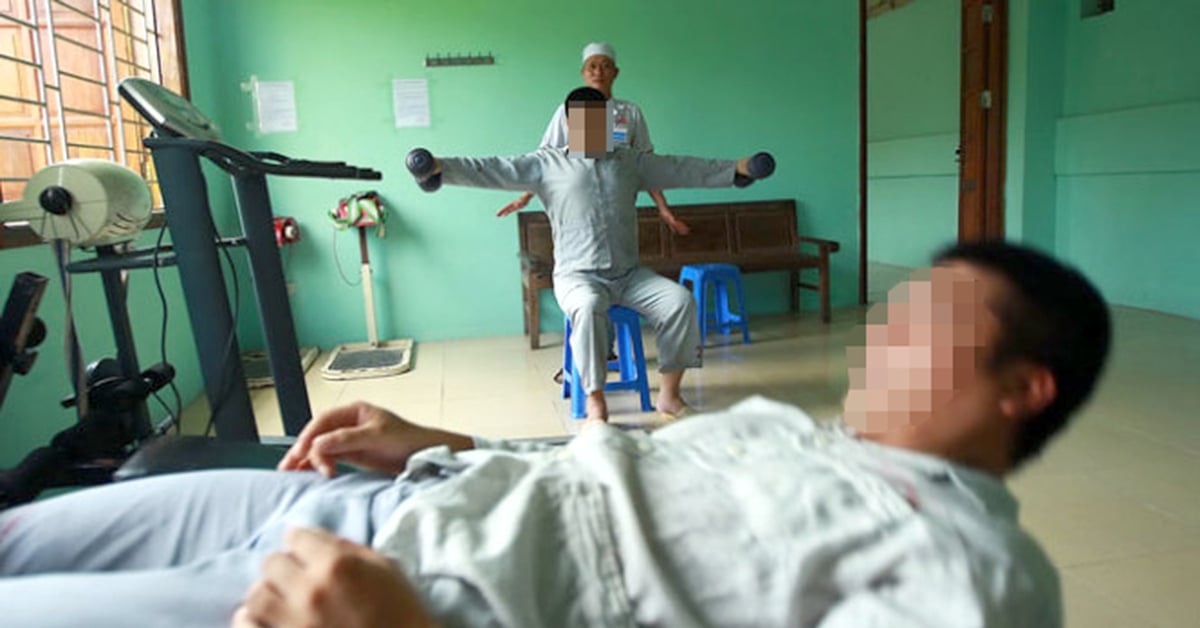



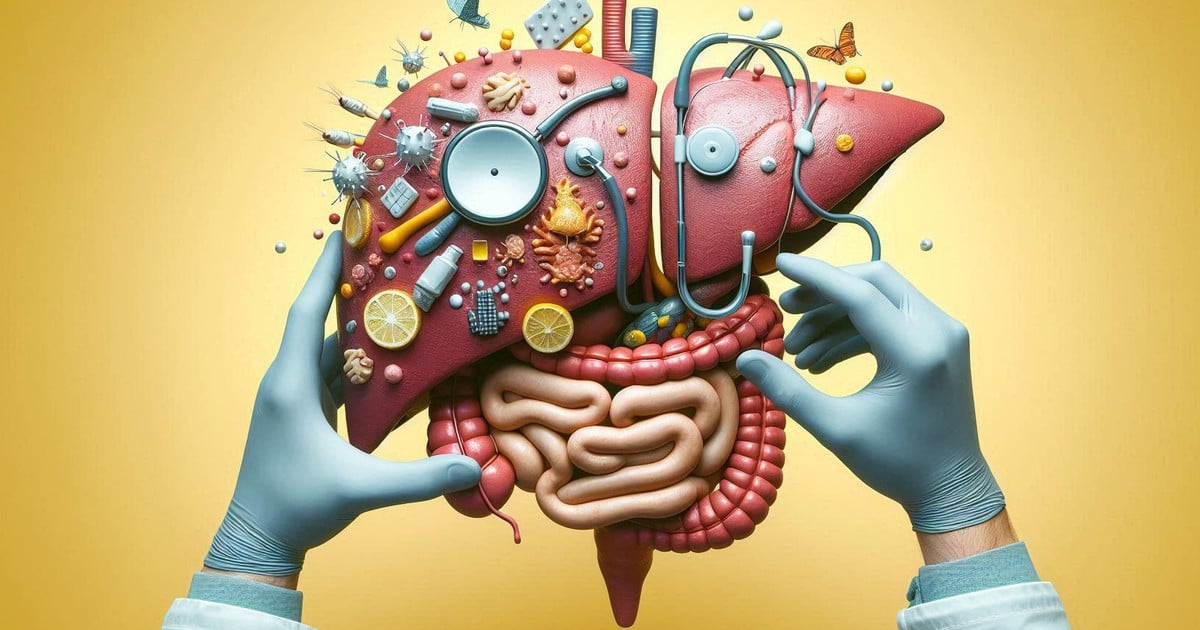



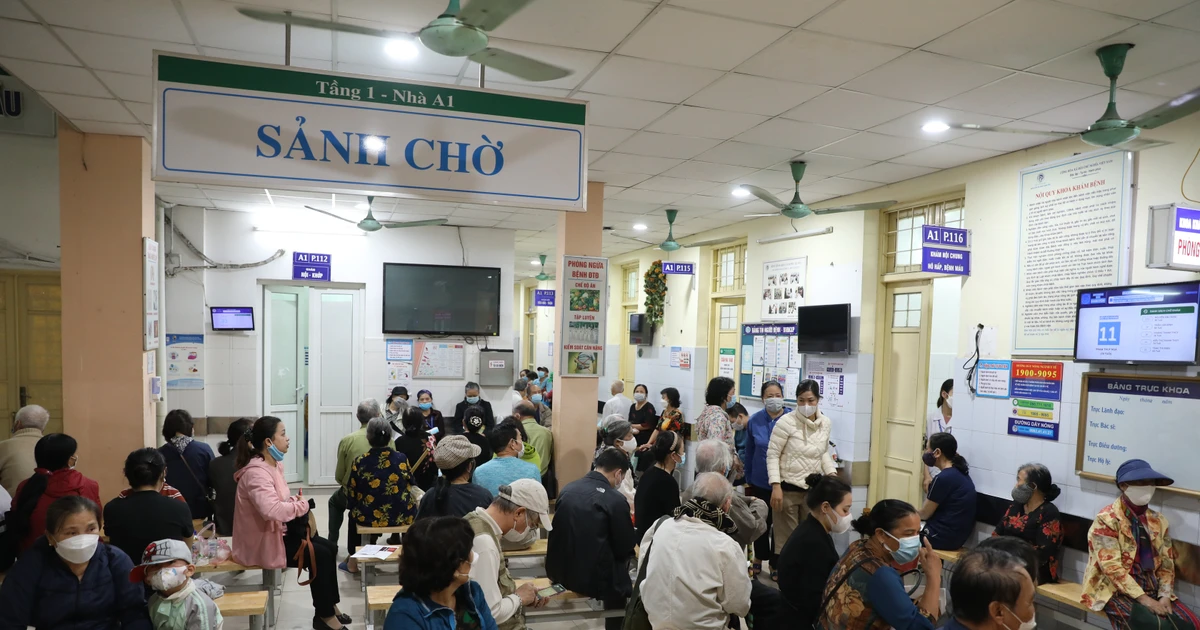
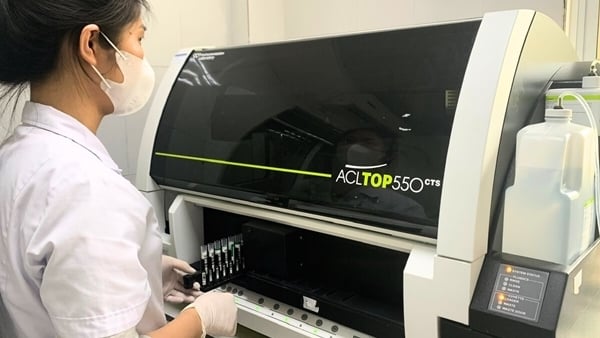











































































Comment (0)